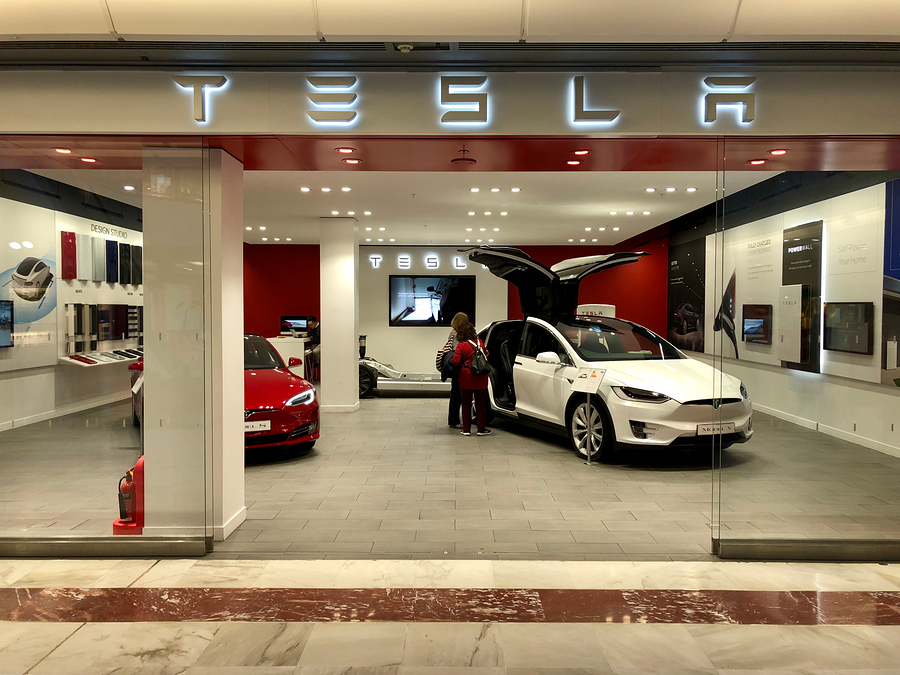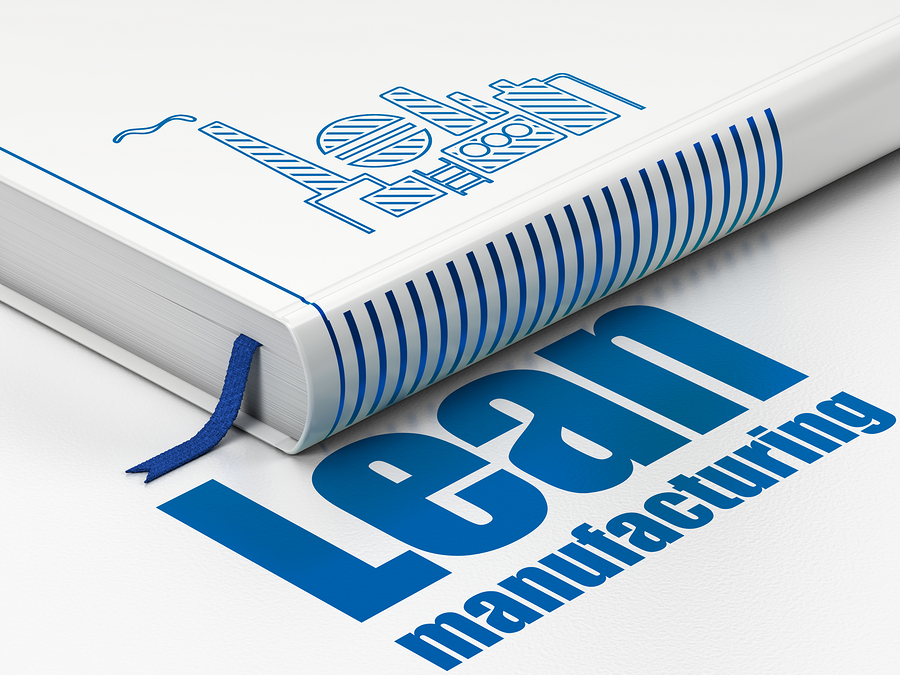Elon Musk made early 2018 headlines for the flashy act of launching a car into space. It might seem counterintuitive to hear the same man making claims about how his company, Tesla, is going to become the most efficient car manufacturer in the world. After all, the elaborate and expensive event of space travel doesn’t seem to have much overlap with the lean manufacturing Musk claims to be developing. Still, that hasn’t stopped Musk from making bold statements that have sent waves across the auto manufacturing industry.
What is lean manufacturing?
To understand Musk’s plans to be the best, it’s important to know how the lean method got its start in vehicle manufacturing. In fact, lean manufacturing is the generic term for the Toyota Production System (TPS) for manufacturing Toyota leaders developed. It eliminates waste to improve both production efficiency and product quality by focusing on seven areas for improvement:
- Overproduction — Toyota’s system works on a just-in-time model, producing components as needed instead of stocking them in advance.
- Waiting — Time is money, and Toyota’s system works to streamline processes, linking production elements together to cut down on inactive time.
- Transporting — Moving products from one process or stage to the next production site can be costly. Moving processes together, however, cuts down on this waste.
- Inappropriate processing — Savvy manufacturers don’t buy jackhammers when all they need is a chisel. This area reminds lean manufacturers to retain tools appropriate for the tasks at hand.
- Unnecessary inventory — Items require space, and space is costly. In addition, too much inventory can make locating and selecting specific items more difficult. Manufacturers can reduce unnecessary inventory to save time and money.
- Excess motion — The less workers must move while performing tasks, the more efficient their actions become as injury risks decrease.
- Defects — Mistakes also cost money and time. Toyota elevates the “measure twice, cut once” principle to a large scale.
Toyota leaders worked to create and refine a system that reminds manufacturers to think about waste holistically and design their production process from beginning to end to address that waste.

Where does Tesla fit?
— Elon Musk
Many are skeptical of Musk’s claim to build the best vehicle manufacturing plant in the world as Tesla’s first mass-market Model 3 is facing less-than-lean production delays that have pushed back its initial launch by more than six months. It appears Tesla engineers had to address design flaws requiring revision in the production process. This doesn’t bode well for Musk’s bold claims to out-maneuver Toyota when it comes to efficiency.
Even if Musk smooths out bumps in the Model 3 rollout, though, his vision is receiving a healthy dose of criticism from experienced manufacturers, according to the Forbes article. Musk’s improved efficiency and speed are dependent upon a fully automated factory model that relies on robot labor and very dense assembly lines. He claims that his factory will be able to outpace traditional production by four times, creating a million cars a year.
Industry experts, though, say demand will never catch up to that supply and such production would just be wasteful, going against the first rule of lean manufacturing.

How do their paths differ?
While Tesla is going all-in on automation and technology-driven approaches to manufacturing, including using Musk’s future underground highway system to more efficiently move supplies, Toyota is taking a different approach.
Toyota leaders, instead of focusing on speed, have decided to focus on simplicity and flexibility to remain responsive to market changes. They are taking their just-in-time philosophy all the way to the top to ensure they don’t overproduce in an area that ends up missing the mark for consumer demand.
